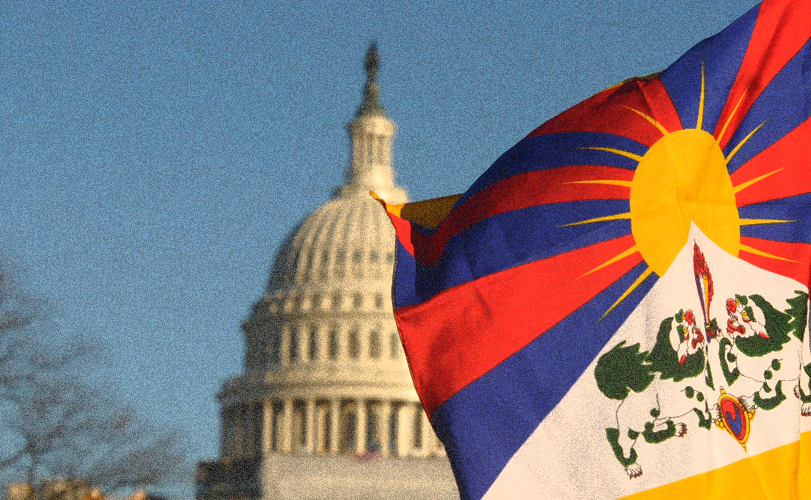(TibetanReview.net, Dec29’20) – China has condemned US President Donald Trump Dec 28 for signing into law the day before the Taiwan Assurance Act and the Tibetan Policy and Support Act as part of a massive appropriations bill that averted a government shutdown from Dec 29. It has demanded that the US government, to be headed by Joe Biden from Jan 20, refrain from implementing them.
Chinese Foreign Ministry spokesman Zhao Lijian has said Beijing “resolutely opposed” both bills, claiming Taiwan and Tibet were issues of China’s territory integrity.
“The US should never implement any bills or provisions targeting China,” Zhao has said, adding that harming Chinese interests would have a serious impact on bilateral relations.
Li Da-jung, professor of international relations and strategic studies at Tamkang University in Taipei, has told the scmp.com Dec 28 that both pieces of legislation were strong on rhetoric and reflected strong bipartisan support in the US for Taiwan and Tibet.
“But it is up to the US administration to enforce the legislation.”
Li has continued, “Also, we need to see what Biden will say about foreign policy, including in relation to Asia and US competition with mainland China, before we can say how far his administration will go in consolidating the legislation.
“Any small adjustments of Washington-Beijing relations will affect US-Taiwan relations.”
But according to Wang Kung-yi, who heads the Taiwan International Strategic Study Society think tank, the assurance act paved the way for future US arms sales, making it difficult for Biden to restrict them to ease tensions with Beijing.
“By calling for the normalisation of arms sales, the assurance act makes sure future arms supplies for Taiwan will be regularised,” Wang has said.
The same would apparently hold true with regard to the Tibetan Policy and Support Act which calls on the US government to condition the opening of any new Chinese Consulate in the country to a US Consulate being allowed to open in Tibet’s capital Lhasa.
The Tibetan Act also stipulates that Chinese interference in the selection of the Dalai Lama’s successor will be perceived as a violation of Tibetan religious freedom, allowing the American government to place economic and visa sanctions on the Chinese officials involved.
Meanwhile, setting the tone for the US-China ties for the next four years, President-elect Joe Biden on Dec 28 said that Washington needed to build a coalition of like-minded nations to confront Beijing.
“As we compete with China to hold China’s government accountable for its trade abuses, technology, human rights and other fronts, our position would be much stronger when we build coalitions of like-minded partners and allies that make common cause with us in defence of our shared interests and our shared values,” the ANI Dec 29 quoted Biden as saying following his briefing with national security and foreign policy agency review team members.
“We are almost 25 per cent of the global economy on our own, but together with our democratic partners, we more than double our economic leverage,” he was quoted as saying.
On any issue that matters to the US-China relationship, Biden has said, “We are stronger and more effective when we are flanked by nations that share our vision for the future of our world.”
Donald Trump had adopted an “America First” policy to alienate much of traditional US allies.






